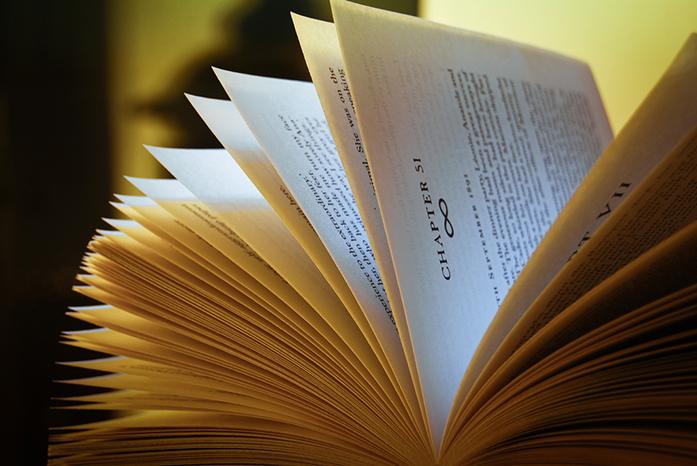By Tessa Solomon
In a country in which the scars of colonialism are still gradually fading, Sri Lankan author Ameena Hussein highlights forgotten history and quiet humanity.
Hussein will read an excerpt from her novel The Hunter Philosopher, 7 p.m. today at Prairie Lights, 15 S. Dubuque St.
She explores the South Asian nation’s issues — a delicate socioeconomic system, religious dissention, gender violence — by zeroing in on honest and sometimes honestly misled characters. It is a mission she fulfills with zeal, despite any reservations of her readers and countrymen.
“Perhaps I am a selfish writer,” she said. “I write for me; it entertains me, fascinates me. Then I just desperately pray it interests and occupies the thoughts of other people.
Born in Colombo, Sri Lanka, the writer, sociologist, editor, and publisher has long been a proclaimed city-dweller. It was the everyday education she gained through relocating to a country town, though, that inspired The Hunter Philosopher.
“That village has shown me all the misconceptions and stereotypes I held about villagers,” Hussein said. “Misconceptions that the country bumpkin doesn’t know much, that they are different people from the city folk.”
The hero of her fiction is a city dweller-turned-villager in his 70s. He is now leading what is, from the outside, an impoverished life.
“He is a poacher, and you never think that philosophers can be found in a village,” Hussein said. “They are outside of the city’s intellectual circuit. But I wanted to show that this man, who doesn’t even have proper clothes to wear, can be the philosopher you’re looking for.”
With him, she also steps outside of her conventional narrations.
“I wanted to write about an older hero who writes about his life in the village,” Hussein said. “It gives us a different piece of his life in Sri Lanka and a different picture of the characters actually living there.”
Hussein, knows about the rural, and often overlooked, areas of her nation. For half the week, she uproots from her home in Colombo to Puttalam. There, she lives without such amenities as electricity. In Colombo, she travels in the circles of the artistic and intellectual elite; in Pattalam, she is inspired by an environment that enables greater engagement with the natural world.
“The Hunter Philosopher is also my move back to writing about nature, [as] opposed to stories about killing, war, and death,” she said. “I want to go back to the root of humanity — why we exist; how we live; and our relationship to nature.”
Hussein admitted that a personal answer to that question — why we exist — is out of her reach. She seems content for now, though, that at least her poacher finds his own answer despite the social pressure discouraging his search.
“At the bottom of it, a human being is a human being,” Hussein said. “They go through all of the same emotions: they fall in love; they marry; have children — they have ambitions. They can even be philosophers.”



